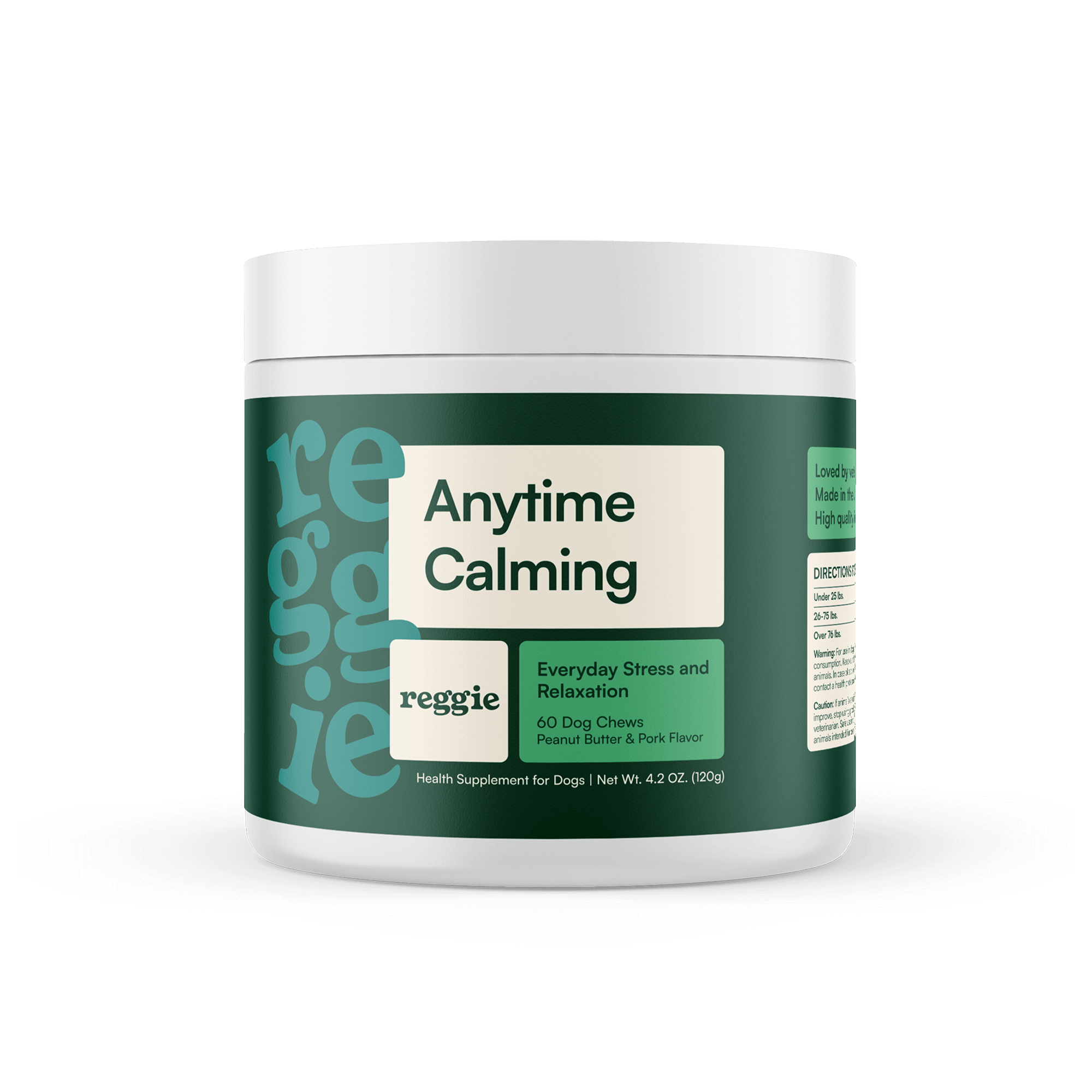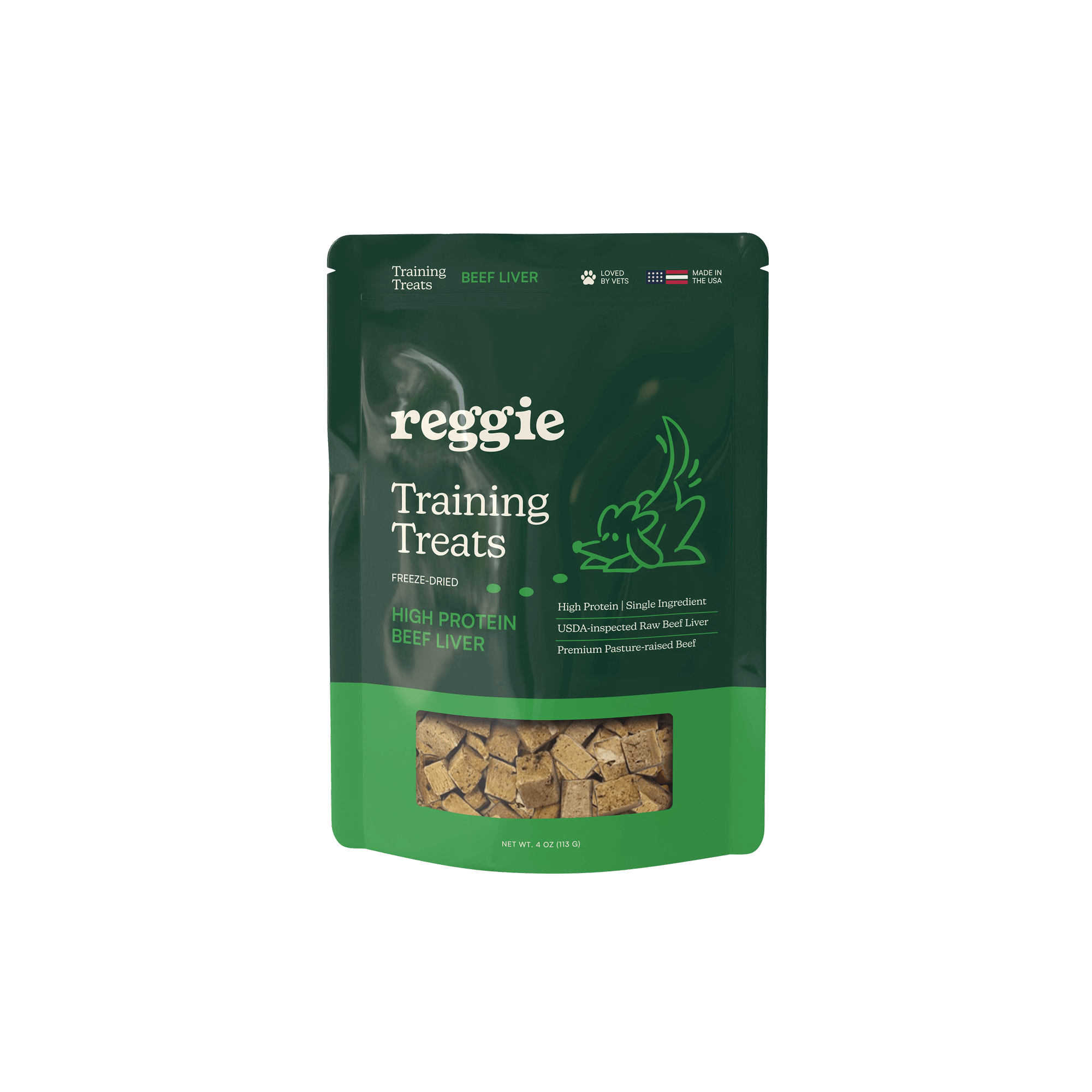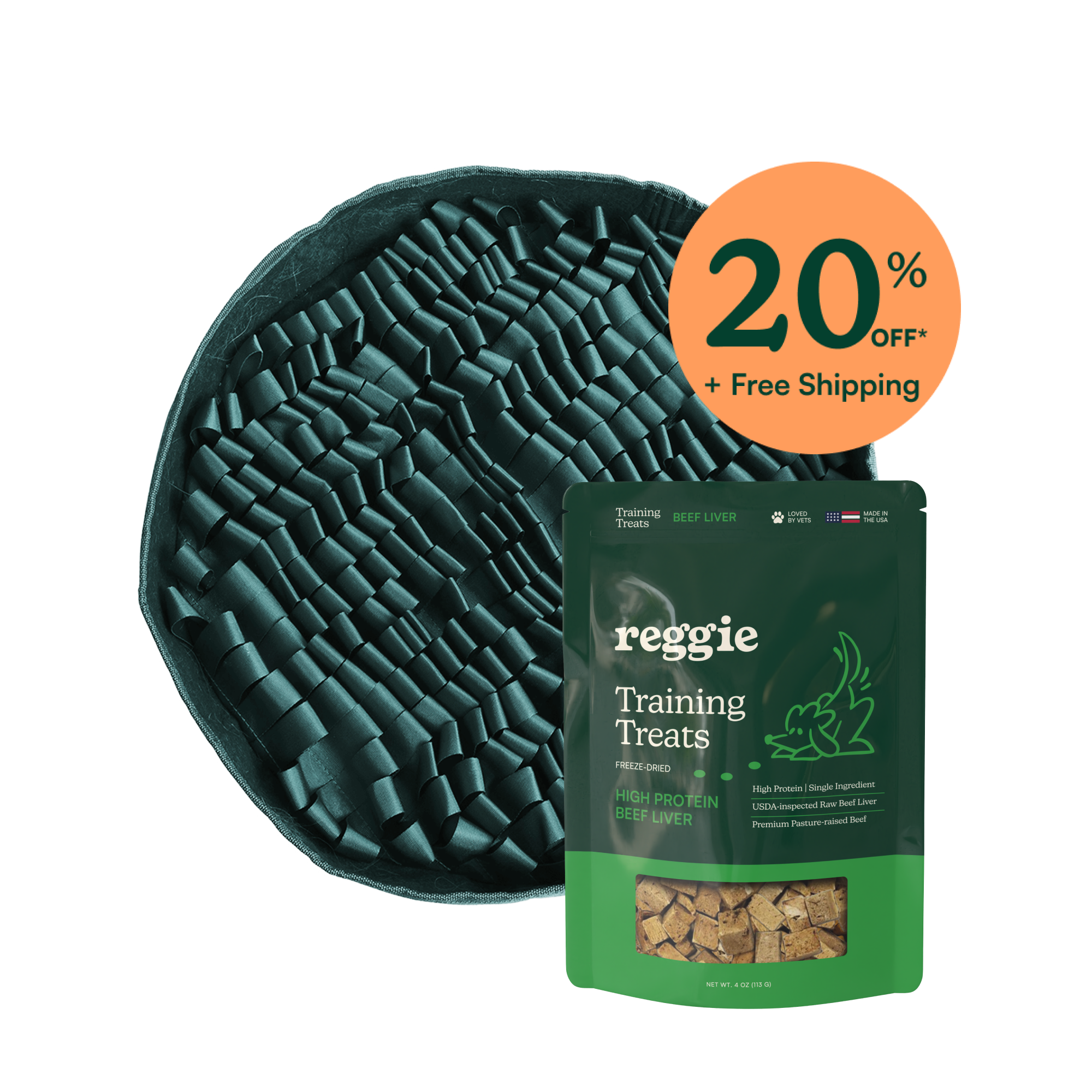Did you know that Omega-3 fatty acids are one of the most powerful and proven nutrients for your dog’s health? Whether you’re caring for a playful pup or a wise senior, Omega-3s deliver head-to-tail benefits — it’s truly a canine superfood!
What Are Omega-3 Fatty Acids for Dogs?
Omega-3 fatty acids are a group of essential fats, meaning dogs (and humans) cannot produce them internally, they must come from the diet. The two most important Omega-3s for dogs are:
- EPA (Eicosapentaenoic Acid)
- DHA (Docosahexaenoic Acid)
These fats are primarily found in marine sources like fish oil, which is why fish-based Omega-3 supplements are the gold standard.
Omega-3 Benefits for Dogs
From shinier coats to smoother joints and brighter minds, Omega-3s are a daily way to show your dog some love, not just this month, but all year long.
1. Skin and Coat Health
One of the most visible benefits of Omega-3 is a healthy, glossy coat. These fats help reduce inflammation in the skin, which can soothe itching, dryness, and irritation. Dogs suffering from allergies or seasonal skin flare-ups often benefit from increased Omega-3 intake.
2. Joint Support and Mobility
EPA and DHA have natural anti-inflammatory properties. This can help ease joint stiffness and improve mobility, especially in older dogs or those with arthritis. Regular Omega-3 supplementation can support comfortable movement and an active lifestyle.
3. Brain Development and Cognitive Function
DHA is a key building block for brain cells. For puppies, it supports proper brain development and learning. In senior dogs, Omega-3s may help maintain cognitive function and reduce the risk of age-related decline.
4. Heart and Circulatory Health
Omega-3 fatty acids help regulate cholesterol and triglycerides, support healthy blood pressure, and promote overall cardiovascular function. A healthy heart contributes to better stamina and vitality.
5. Immune System Support
Omega-3s modulate the immune system, helping to reduce chronic inflammation and support natural defenses, which is essential for long-term health and disease prevention.
Best Sources of Omega-3 for Dogs
As mentioned earlier, omega-3 fatty acids (especially EPA and DHA) are essential for your dog’s health but aren’t produced naturally in their bodies. Dogs typically get Omega-3s from animal-based foods like fatty fish and sometimes from egg yolks.
Typical Omega-3 source for dogs:
- Fatty fish such as salmon, sardines, and anchovies (rich in EPA & DHA)
- Egg yolks (small amounts)
- High-quality fish oil supplements
- Krill oil or sustainable algae oil (alternative marine sources)
While plant-based sources like flaxseed and chia provide ALA (a precursor to EPA & DHA), dogs don’t convert it efficiently — so animal-based sources are more effective.
Reggie Evening Skin and Coat is a daily soft chew rich in Omega-3s from fish (150 mg per chew), plus Vitamin E and Sunflower Oil, formulated to support your dog’s skin, coat, immune health, and more. It helps soothe itchy skin, reduce irritation, and promote a shiny, healthy coat — ideal for dogs with dryness or seasonal allergies. This dog-friendly formulation is vet-approved and made with clean, human-grade, Non-GMO ingredients with no fillers.
Want a treat with Omega-3 benefits? Reggie’s Freeze Dried Treats feature human-grade Silver Carp, sustainably fished in the USA, blended with pumpkin and flaxseed. These wholesome, low-calorie training treats are high in protein, omega-3s, fiber, and healthy fats.
How Much Omega-3 Does Your Dog Need?
The ideal dose depends on your dog’s size, diet, and health needs. Veterinary experts recommend looking at the combined EPA + DHA content per day rather than the total fish oil amount.
Here are General Wellness Dosage Guidelines for EPA + DHA (mg/day): (adapted from the National Research Council’s Nutrient Requirements of Dogs and Cats, 2006)
- Small dogs (<10 kg / 22 lbs): 100–200 mg
- Medium dogs (10–25 kg / 22–55 lbs): 300–600 mg
- Large dogs (25–40 kg / 55–88 lbs): 600–1000 mg
- Giant dogs (>40 kg / 88 lbs): 1000+ mg
These ranges are ideal for general wellness: skin, coat, heart, and brain health. For dogs with joint issues or inflammatory conditions, your vet may recommend a higher dose. Always consult your vet before increasing Omega-3 supplementation beyond general wellness doses.











